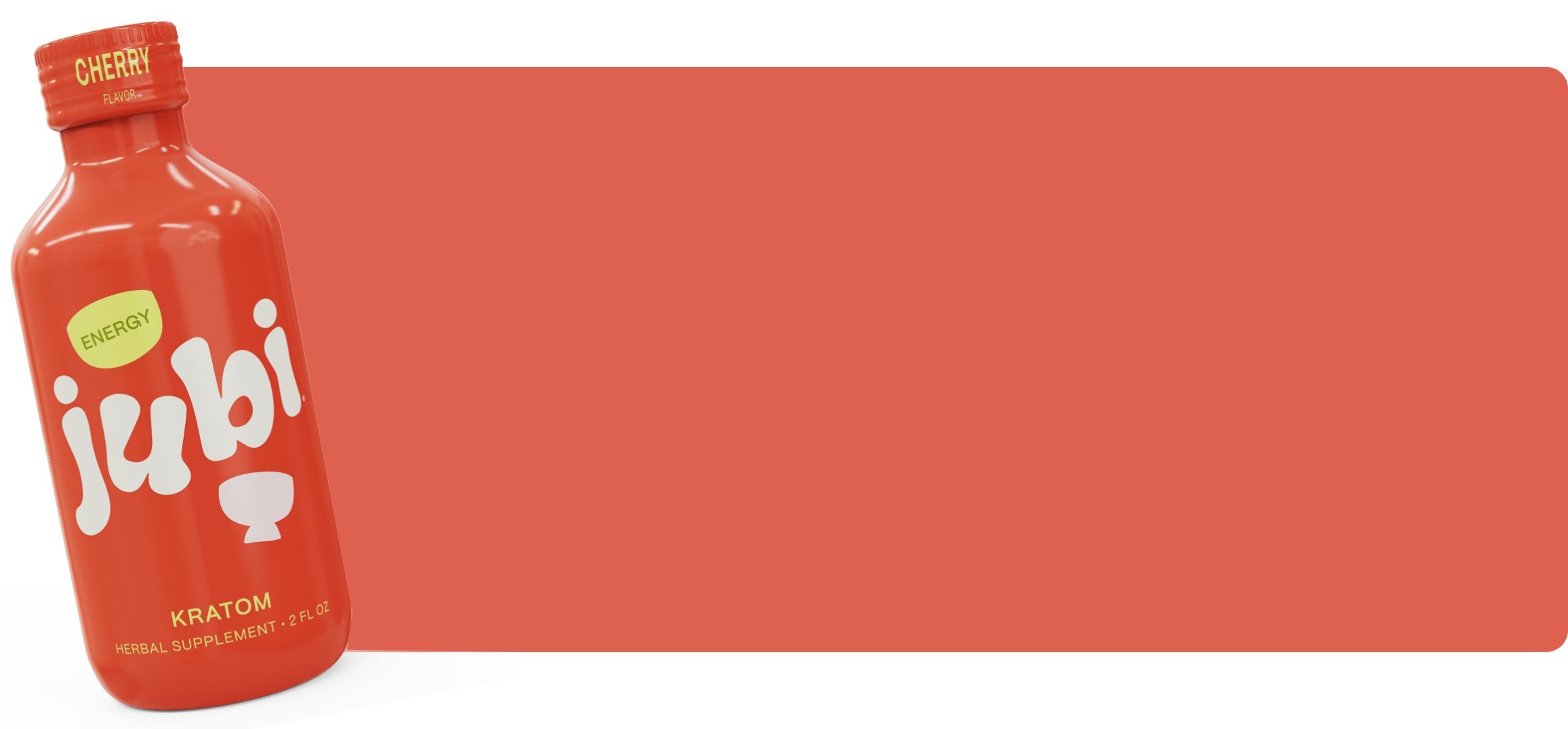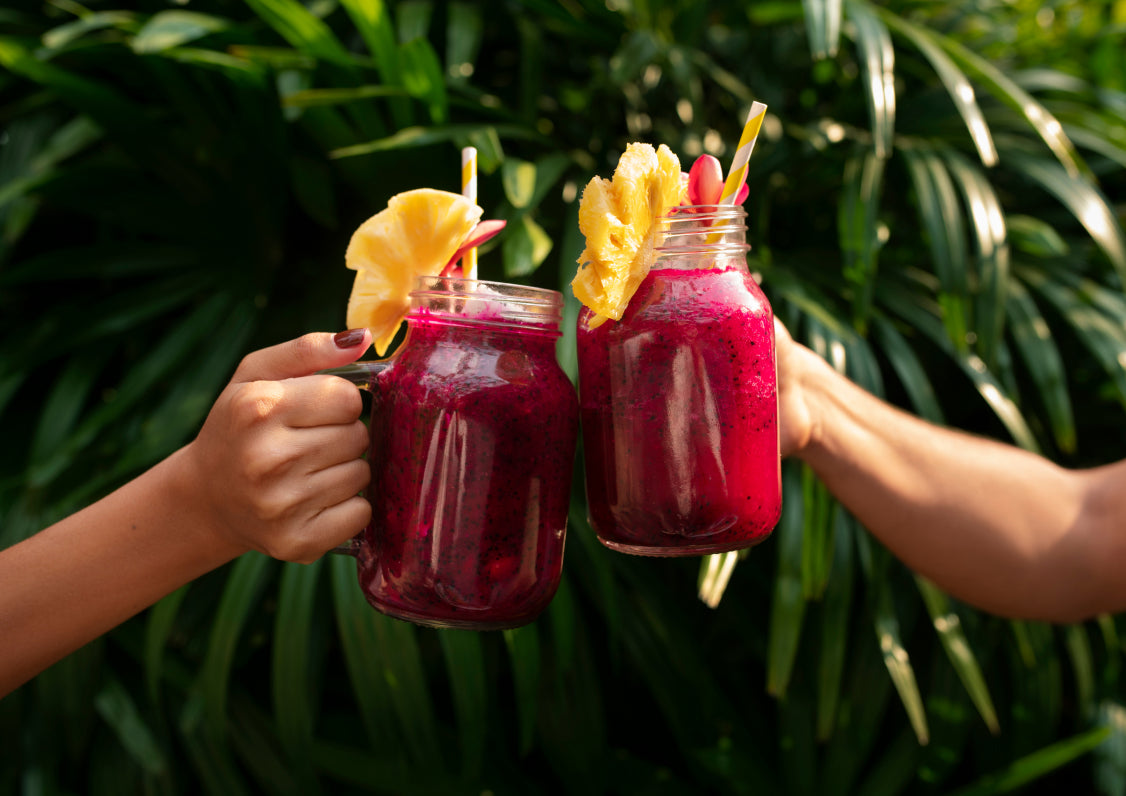Today, more than ever, it's important to spread awareness and proactively seek out ways to improve mental well-being. By getting more involved in our local communities, seeking advice from healthcare professionals, and finding natural ways to relax—like yoga, walking, and exploring plant-based options—we can make a positive impact on mental health.
In 1990, the U.S. Congress established Mental Health Awareness Week during the first week of October, dedicated to spreading awareness and educating the public on the importance of mental health issues. This week serves as a reminder to prioritize our mental well-being and support those who may be struggling.
Embracing a Holistic Approach to Mental Health Care
A holistic approach to mental health considers the whole person—mind, body, and spirit. It recognizes that various factors contribute to mental well-being, including lifestyle, activity levels, environment, and physical health. Here are some holistic practices that can support mental health as part of a treatment plan:
Mindfulness and Meditation
Practicing mindfulness and meditation can help reduce stress, improve focus, and promote emotional balance. Techniques such as deep-breathing exercises and guided imagery can be incorporated into daily routines to enhance mental clarity.
Physical Activity
Engaging in regular physical activity like walking, yoga poses, or dancing can enhance mood and overall well-being. Exercise not only benefits physical health but also contributes to mental and emotional balance.
Art Therapy
Art Therapy uses creative processes like drawing, painting, and sculpting to help individuals express themselves. It can be particularly beneficial for those who find it challenging to articulate their feelings verbally. Art therapy provides a safe space to explore emotions, reduce stress, and enhance self-awareness.
Talk Therapy
Talk Therapy, also known as psychotherapy, involves working with a trained mental health professional to address emotional difficulties and mental health conditions. It provides an opportunity to discuss thoughts and feelings in a confidential setting, helping individuals develop coping strategies and improve their quality of life.
Music Therapy
Music Therapy harnesses the power of music for therapeutic purposes. Listening to, creating, or moving to music can help manage stress, improve mood, and foster emotional expression. Music therapy can be tailored to individual needs and is effective across various age groups.
Recreation Therapy
Recreation Therapy involves engaging in recreational activities to improve physical, emotional, and social well-being. Activities might include sports, games, outdoor adventures, or community involvement. Recreation therapy encourages social interaction, boosts self-esteem, and provides enjoyment, contributing to overall mental health.
Nutrition and Hydration
A balanced diet rich in whole foods supports overall health. Nutrient-dense foods like fruits, vegetables, whole grains, and lean proteins provide the energy and nutrients needed for optimal brain function.
Social Connections
Building and maintaining supportive relationships is crucial for mental health. Participating in community events, joining support groups, or simply spending time with loved ones can enhance feelings of belonging and reduce isolation.
Stress Management and Treatment Options
Managing stress effectively is essential for maintaining mental health. Here are some strategies and treatment options that can help:
Stress Management Techniques
- Time Management: Prioritizing tasks and setting realistic goals can reduce feelings of overwhelm. Using planners or digital calendars can help organize responsibilities.
- Relaxation Techniques: Practices such as progressive muscle relaxation, deep breathing exercises, and mindfulness meditation can help manage stress levels.
- Cognitive Behavioral Techniques: Challenging negative thought patterns and reframing them positively can improve emotional responses to stressful situations.
- Physical Activity: Regular exercise, even simple activities like walking or stretching, can support relaxation.
- Healthy Lifestyle Choices: Adequate sleep, balanced nutrition, and limiting caffeine and alcohol intake contribute to better stress management.
Treatment Options
- Counseling and Therapy: Working with a mental health professional can provide support and strategies to cope with stress and underlying issues.
- Support Groups: Connecting with others who are experiencing similar challenges can offer understanding and shared coping strategies.
- Medication: In some cases, healthcare providers may prescribe medication to manage symptoms of stress, anxiety, or depression. Always consult a professional before starting any medication.
- Mind-Body Therapies: Techniques like yoga, tai chi, and biofeedback can enhance the mind-body connection.
- Alternative Therapies: Some individuals find relief through acupuncture, massage therapy, or aromatherapy. These should complement, not replace, conventional treatments.
Mental Health Recovery
Mental health recovery is a personal journey of regaining control, hope, and a meaningful life despite the challenges posed by mental health conditions. Recovery focuses on the ability to live a fulfilling life while managing symptoms effectively.
Principles of Mental Health Recovery
- Hope: Believing that improvement is possible is fundamental. Hope can be fostered through support networks and personal achievements.
- Self-Direction: Taking responsibility for your own journey by setting personal goals and making choices about treatment and lifestyle.
- Individualized and Person-Centered: Recovery paths are unique, reflecting individual strengths, preferences, and cultural backgrounds.
- Holistic Approach: Encompassing all aspects of life, including mental, physical, emotional, social, and spiritual well-being.
- Peer Support: Sharing experiences with others who have faced similar challenges provides encouragement and understanding.
- Respect: Acceptance and appreciation of oneself, along with gaining respect from others, are vital for recovery.
- Responsibility: Embracing personal responsibility for actions and well-being.
- Empowerment: Building confidence and self-esteem empowers individuals to take control of their lives.
Supporting Mental Health Recovery
- Engage in Treatment Plans: Collaborate with healthcare providers to develop and follow personalized treatment plans.
- Build a Support Network: Surround yourself with supportive family, friends, and peer groups.
- Set Realistic Goals: Establish achievable objectives that contribute to a sense of accomplishment.
- Develop Coping Strategies: Learn and practice techniques to manage symptoms and stress.
- Stay Informed: Educate yourself about your condition and available resources.
The Role of the Community
Communities play a significant role in supporting mental health recovery by:
- Providing Resources: Offering access to mental health services, support groups, and educational programs.
- Reducing Stigma: Promoting awareness and understanding to eliminate discrimination and negative perceptions.
- Encouraging Inclusion: Fostering environments where individuals feel valued and accepted.
By embracing the principles of mental health recovery, individuals can work towards a fulfilling and empowered life.
The Role of Natural Options
In addition to lifestyle changes, some individuals explore natural options to support their mental well-being. Kava, for example, is a plant option traditionally used in various cultures.
Understanding Kava
Kava is derived from the root of the Piper methysticum plant, native to the Pacific Islands. For centuries, it has been featured in social and ceremonial gatherings.
Traditional Use vs. Modern Applications
While traditionally prepared as a beverage for communal gatherings, kava is now available in various forms, including teas, capsules, and ready-to-drink shots. It's important to choose high-quality kava products and use them responsibly.
Responsible Use of Kava
- Consult a Healthcare Provider: Before incorporating kava into your routine, consult a healthcare professional to ensure it's suitable for you.
- Mindful Consumption: Use kava as part of a balanced approach to wellness, complementing other healthy lifestyle practices.
- Quality Matters: Select products from reputable sources that prioritize purity and sustainability.
Jubi™ offers plant-based kava in convenient, ready-to-drink forms, such as the Strawberry Kava Chill Shot, allowing you to enjoy kava responsibly.
Jubi also offers a Kava and Kratom Pina Colada Relax Shot, which combines kava with kratom for a unique relaxation experience.
Participating in Mental Health Awareness Week
Mental Health Awareness Week is an excellent opportunity to engage with your community and promote mental well-being, and support people with mental health disorders. Here are some ways to get involved:
Attend Local Events
Many communities host events like seminars, health fairs, and workshops during this week. These events often feature healthcare professionals who provide valuable information and resources.
Support Mental Health Organizations
Consider volunteering or donating to organizations dedicated to mental health advocacy and support services. Your contribution can make a significant difference.
Share Your Story
If you feel comfortable, sharing your experiences with mental health can help reduce stigma and encourage others to seek help.
Practice Self-Care
Use this week as a reminder to prioritize your own mental health. Incorporate holistic practices into your daily routine and explore new methods of self-care.
Conclusion
Mental well-being is essential for a fulfilling life, and embracing a holistic approach can make a significant difference. By incorporating practices like mindfulness, physical activity, art therapy, talk therapy, music therapy, recreation therapy, stress management techniques, and understanding mental health recovery, we can support our mental health in meaningful ways.
Exploring natural options, such as kava, may also be part of a balanced approach when used responsibly and in consultation with a healthcare provider. Jubi is committed to offering quality plant-based products that can complement your holistic wellness journey.
We invite you to explore Jubi kava shots as part of a balanced approach to well-being.
Visit DrinkJubi.com to learn more about Jubi Kava and our other plant-based offerings.
Disclaimer: These statements have not been evaluated by the Food and Drug Administration. This product is not intended to diagnose, treat, cure, or prevent any disease. Consult your healthcare provider before using any dietary supplement.
For more information on mental health and holistic approaches, check out American Behavioral Clinics.





